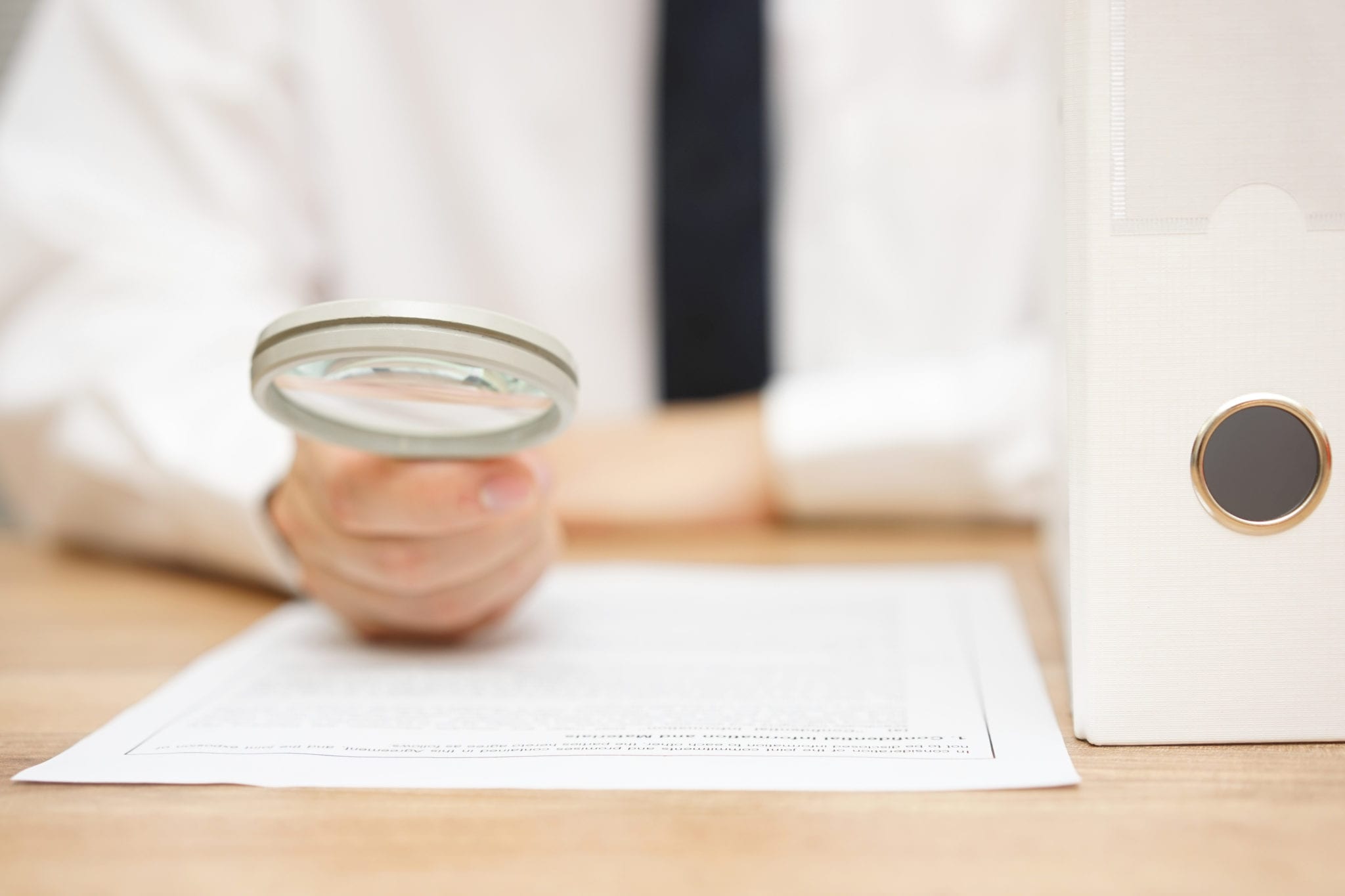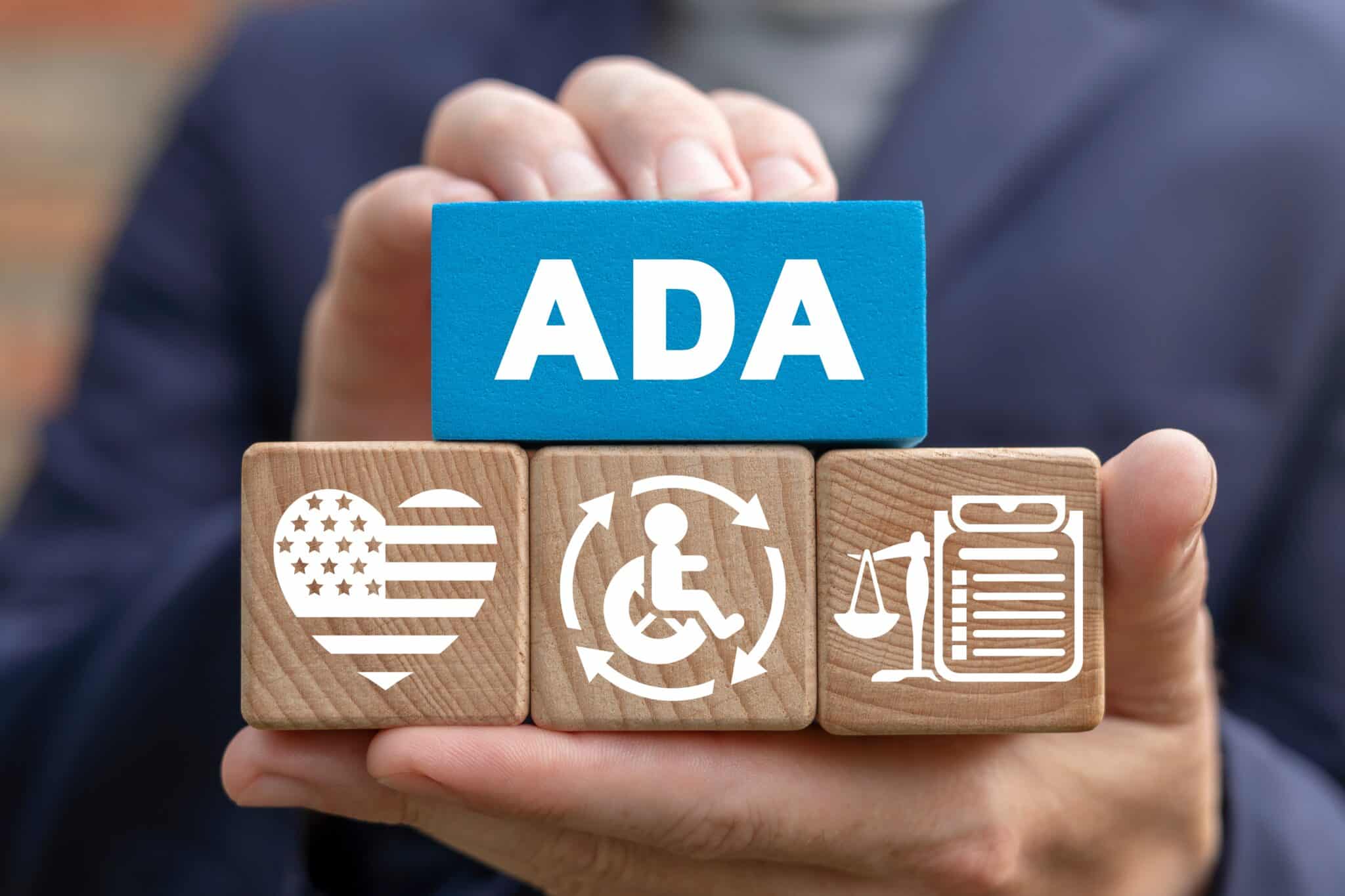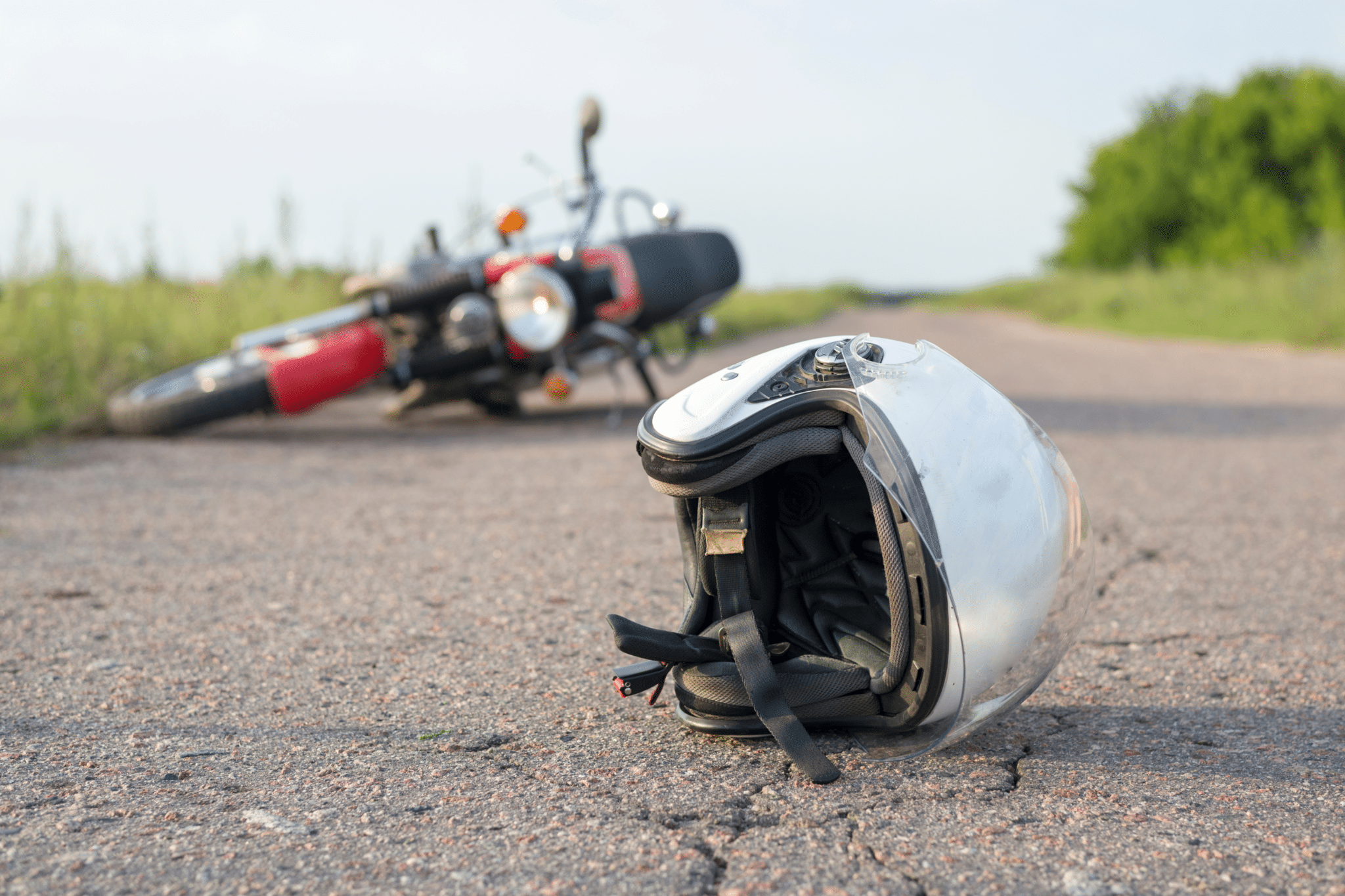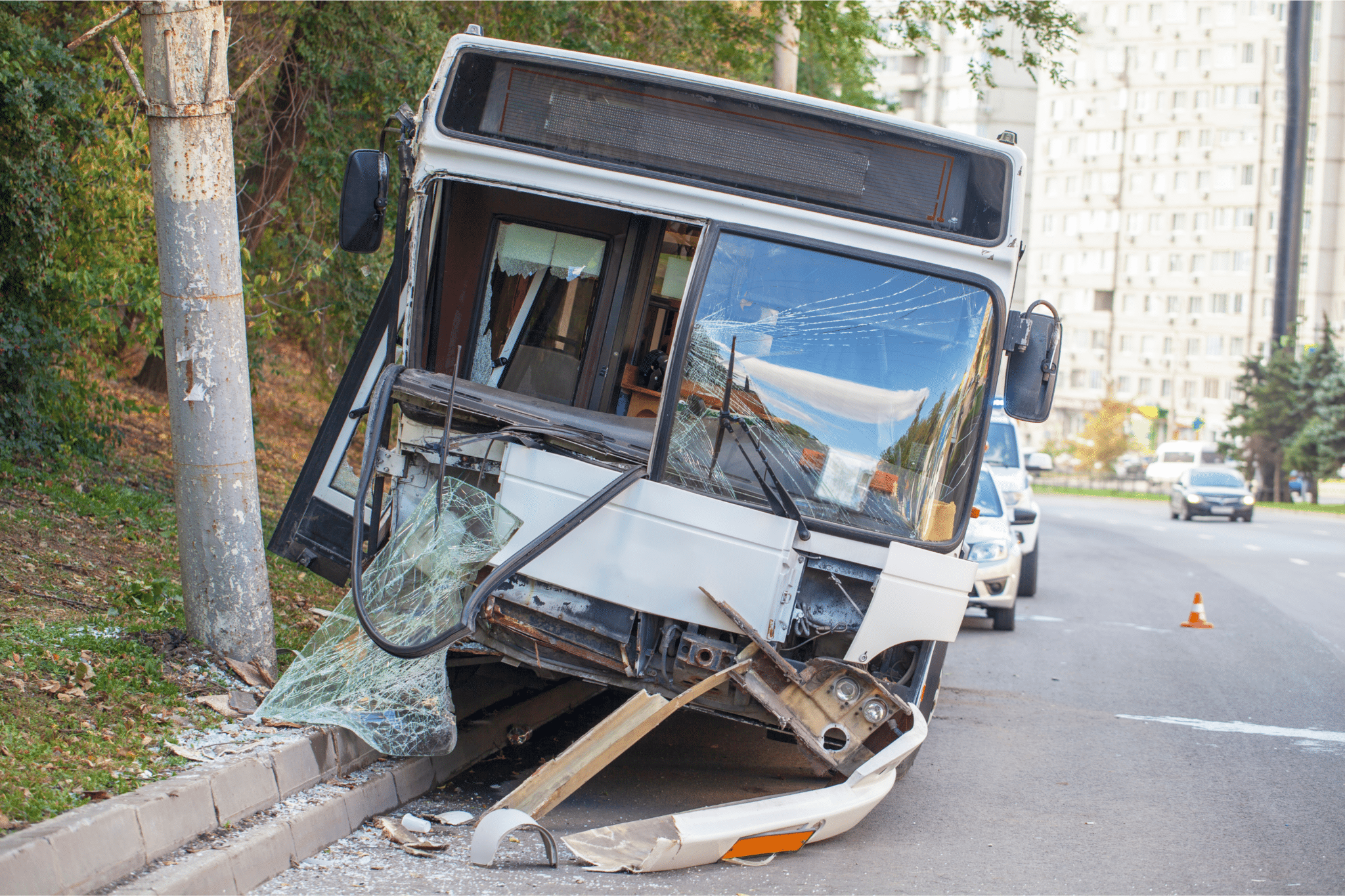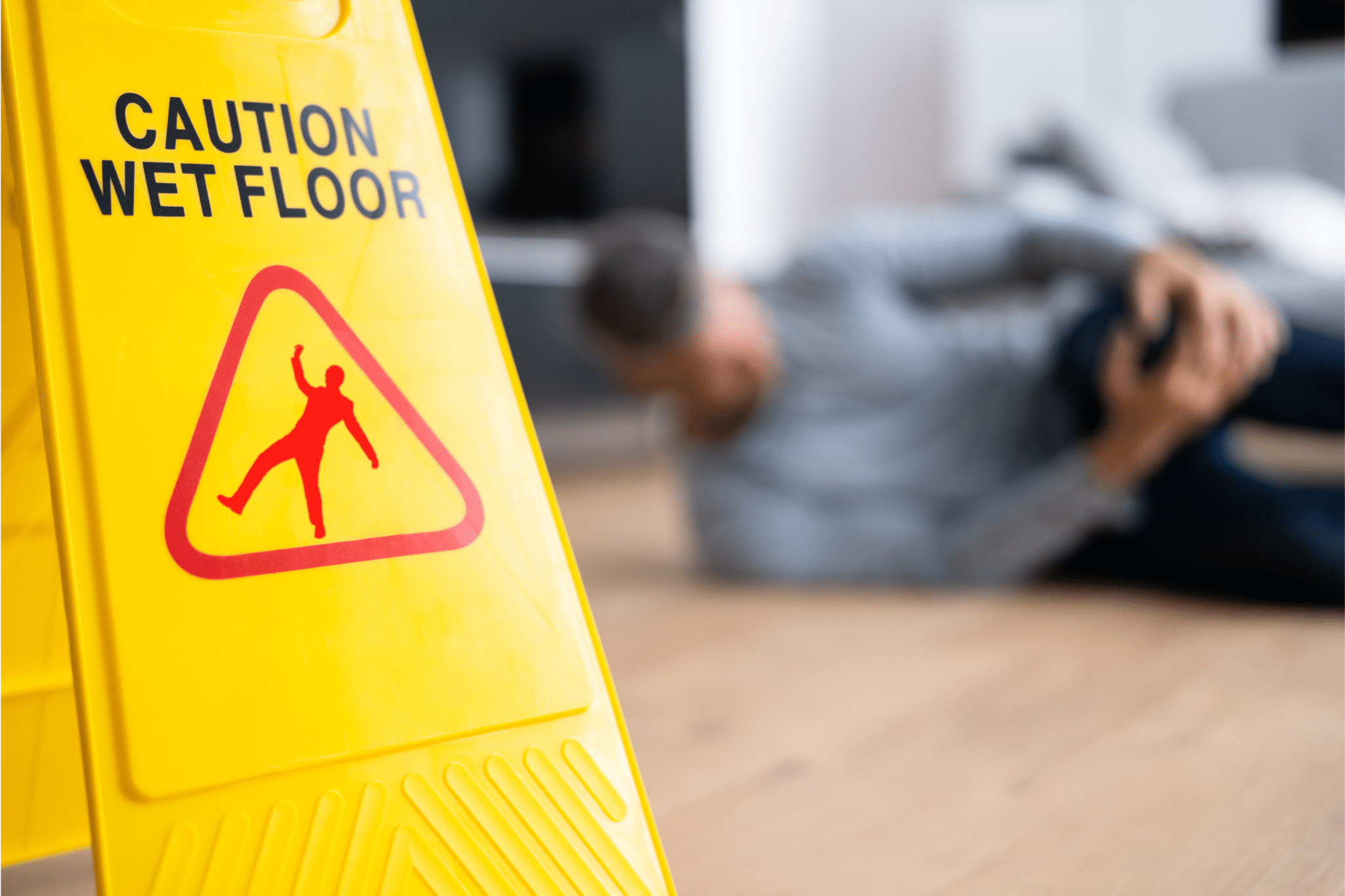When the coronavirus outbreak swept the nation, businesses in Florida and across the country were shut down in an effort to control the spread.
For many Florida business owners, the coronavirus pandemic meant reducing hours, limiting service to take out, or shuttering completely. Now, many companies are turning to insurance companies to cover losses due to forced closures.
Many insurers, however, are denying coronavirus-related business claims, maintaining that business interruption doesn’t cover damage caused by a virus or disease. Typically, business interruption policies require “direct physical damage” to have caused the closure.
The good news is that certain business interruption policies have a wide variation in wording. Depending on the language in a policy, business owners may be able to find a loophole that allows them to secure coverage for business interruption caused by the pandemic.
10 Business Interruption Terms and Phrases
Are you a Florida business owner who is trying to obtain coverage for losses caused by the coronavirus outbreak? Knowledge is power: you can put yourself in the best possible situation to obtain favorable results if you review your policy with a solid understanding of the language.
Here are 10 business interruption terms and phrases Florida business owners should know:
Business interruption coverage
Let’s start by reviewing the basics of business interruption coverage. Business interruption insurance is designed to replace lost revenue and other expenses caused by damage from a natural disaster or other emergencies. Business interruption is often included as an optional feature of a business owner’s property damage insurance policy.
Actual loss sustained
This term refers to the actual cost or expenses that arise due to damage caused to your property by the natural disaster or other insured emergencies. Typically, the actual loss is only known after your claim has been fully processed. Actual loss sustained may include repair costs, debris removal, storage fees, contractor and specialist wages, and extra living expenses.
Business income
In insurance policies, business income refers to the net income that your business would have earned, in addition to operating expenses incurred, such as payroll.
Extra expense
An extra expense is a necessary expense you had to pay during the period of restoration because of physical loss to real or personal property caused by a natural disaster or other insured emergencies.
Period of restoration
The period of restoration starts when the physical damage occurs and ends when your business should — under a reasonable pace — be repaired or replaced. Insurers are only responsible for the loss of business income and expenses incurred during the period of restoration.
Service interruption
This kind of coverages protects your business for direct physical damage to utility services, such as electricity, gas, or telephone. The damage must have been caused by a natural disaster or other emergency covered in your policy.
Coinsurance
Coinsurance is a protective mechanism used by insurers that requires you to purchase an insurance limit that equals the stated percentage times the replacement cost of your property. If your business is underinsured according to the coinsurance clause at the time the physical damage occurs, you may only receive a partial payment.
Contingent business interruption
Contingent business interruption (CBI) is designed to cover losses to your business revenue caused by damage to the property of your suppliers. CBI coverage can cover suppliers of goods and/or services.
Leader property
This is an endorsement designed to protect you, the buyer, for direct physical damage caused by an insured emergency or natural disaster to property that you do not own, but draws customers to your business. For instance, a leader property could include a mall, amusement park, or casino.
Interruption by civil or military authority
This type of business interruption coverage offers protection against lost revenue to your business caused a civil order that arises as a direct result of damage caused by an insured natural disaster or emergency.
What to Look for in Your Business Interruption Insurance Policy
Armed with these common terms, you are in a better position to closely review your current business interruption policy and determine whether COVID-related losses will be covered.
Because many policies specifically exclude viruses and pandemics or require a direct physical loss component, the language in your policy may be the difference between your claim being approved or denied.
Here are some things to look for:
- What types of events are excluded? Are viruses and pandemics specifically named as exclusions in your policy?
- How is business interruption insurance defined? Many policies — but not all — will require “direct physical damage” to have occurred in order to payout.
- Does it include Interruption by civil or military authority coverage? As you learned above, civil or military authority coverage covers government orders that arise as a direct result of damage caused by an insured natural disaster or emergency. Depending on your policy language, you may be able to argue that contamination of your property by the coronavirus is a direct physical loss.
About the Author:
Andrew Winston is a partner at the personal injury law firm of Winston Law. For over 20 years, he has successfully represented countless people in all kinds of personal injury cases, with a particular focus on child injury, legal malpractice, and premises liability. He has been recognized for excellence in the representation of injured clients by admission to the Million Dollar Advocates Forum, is AV Preeminent Rated by the Martindale-Hubbell Law Directory, enjoys a 10.0 rating by AVVO as a Top Personal Injury Attorney, has been selected as a Florida “SuperLawyer” from 2011-2017 – an honor reserved for the top 5% of lawyers in the state – and was voted to Florida Trend’s ”Legal Elite” and as one of the Top 100 Lawyers in Florida and one of the Top 100 Lawyers in the Miami area for 2015, 2016, and 2017.
 Reasons Florida Dog Bite Damages Can Be Reduced
Reasons Florida Dog Bite Damages Can Be Reduced 
